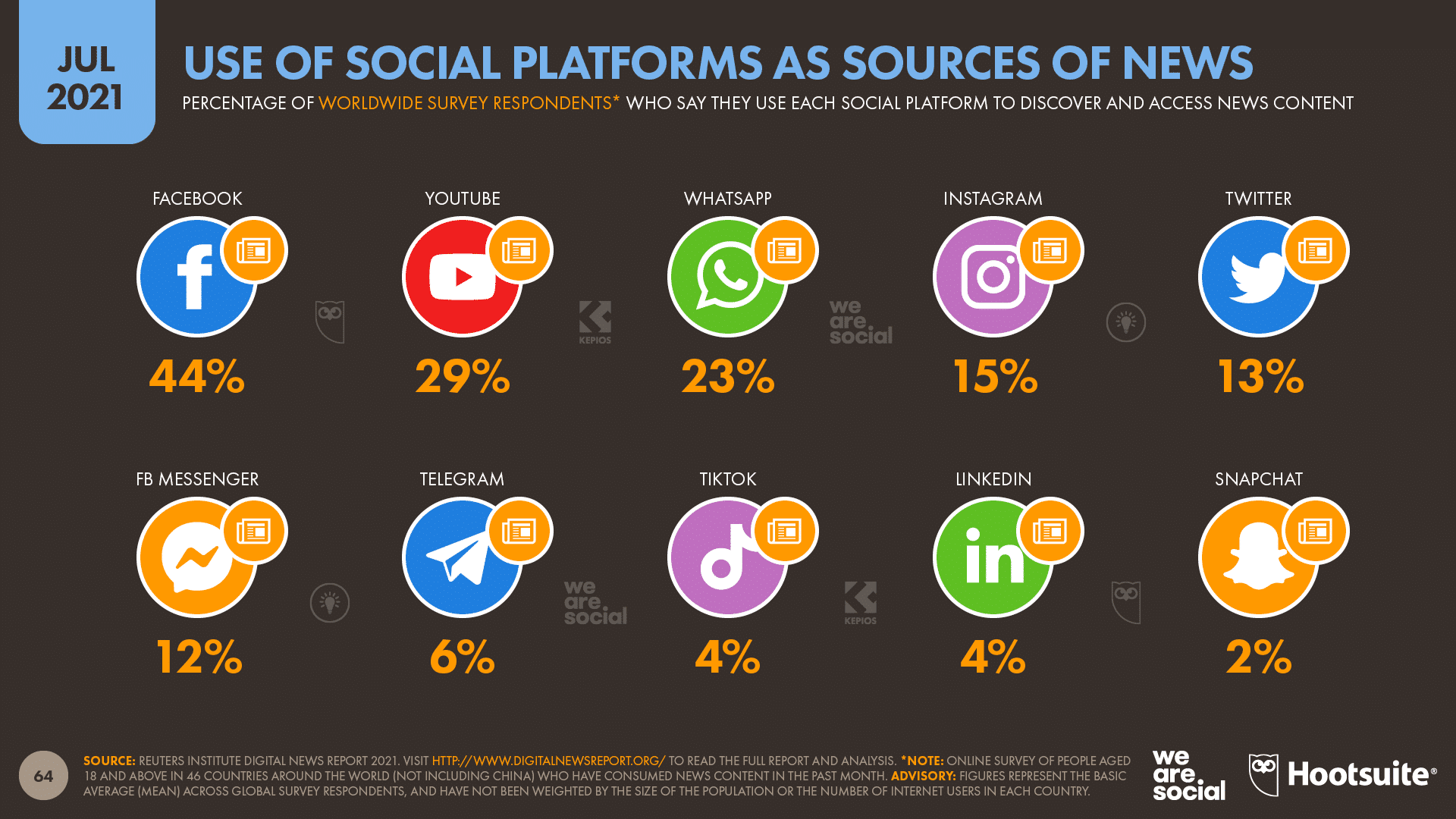If you like reading about philosophy, here’s a free, weekly newsletter with articles just like this one: Send it to me!
That’s a great question that I recently found on Quora, and I think that many of us are asking the same (TLDR: My answer is at the very end). It’s also a very difficult question to answer: for one, there are many different social media sites, and I’m not even sure that I know most of them (and, obviously, I’ve used even less myself, so my own experience is very limited). It’s also not entirely clear what would could as social media: take Quora, for example. Are we also talking about this? And, finally, social media affect society in many ways that are really difficult to sort out. Who would have thought, for example, that Facebook can influence the outcome of democratic elections, redefine friendship for almost 3 billion humans, and, together with Twitter, lead to the collapse of almost the entire newspaper and print magazine industry?
So this is a really huge question. Still, we need an answer, both as individuals and as a society, so we’ll have to find some way to evaluate the relative moral goodness of different social media.
Effects of social media on society
Let’s try to make a preliminary list of the effects of social media on their users and on society:
Addiction
- Social media affect the reward centres of the brain and the dopamine system (Dopamine, Smartphones & You: A battle for your time – Science in the News) and must therefore be considered addictive.
Democracy
- Social media have a huge influence on democratic processes in a way that renders democracy largely meaningless (The Dark Psychology of Social Networks). Fake news and information bubbles have wrecked the ability of citizens to make educated, informed decisions about matters that affect them (as one can easily see by looking around).
Newspaper decline
- Social media have concentrated the world’s advertisement spending in the hands of a handful of companies (Social media advertising spend set to overtake newspapers by 2020: Research). In the process, they have severely hampered the ability of newspapers to compete for funds, leading to the extinction of many (Decline of newspapers – Wikipedia). What is sometimes overlooked is that big newspapers had a special legal status (press accreditation with special rights) and enough power (in terms of both manpower and financial means) to uncover scandals and to effectively hold the governments and big industry to account. Replacing big news outlets with social media also means replacing journalists with press IDs and the financial …
Read the full article which is published on Daily Philosophy (external link)





